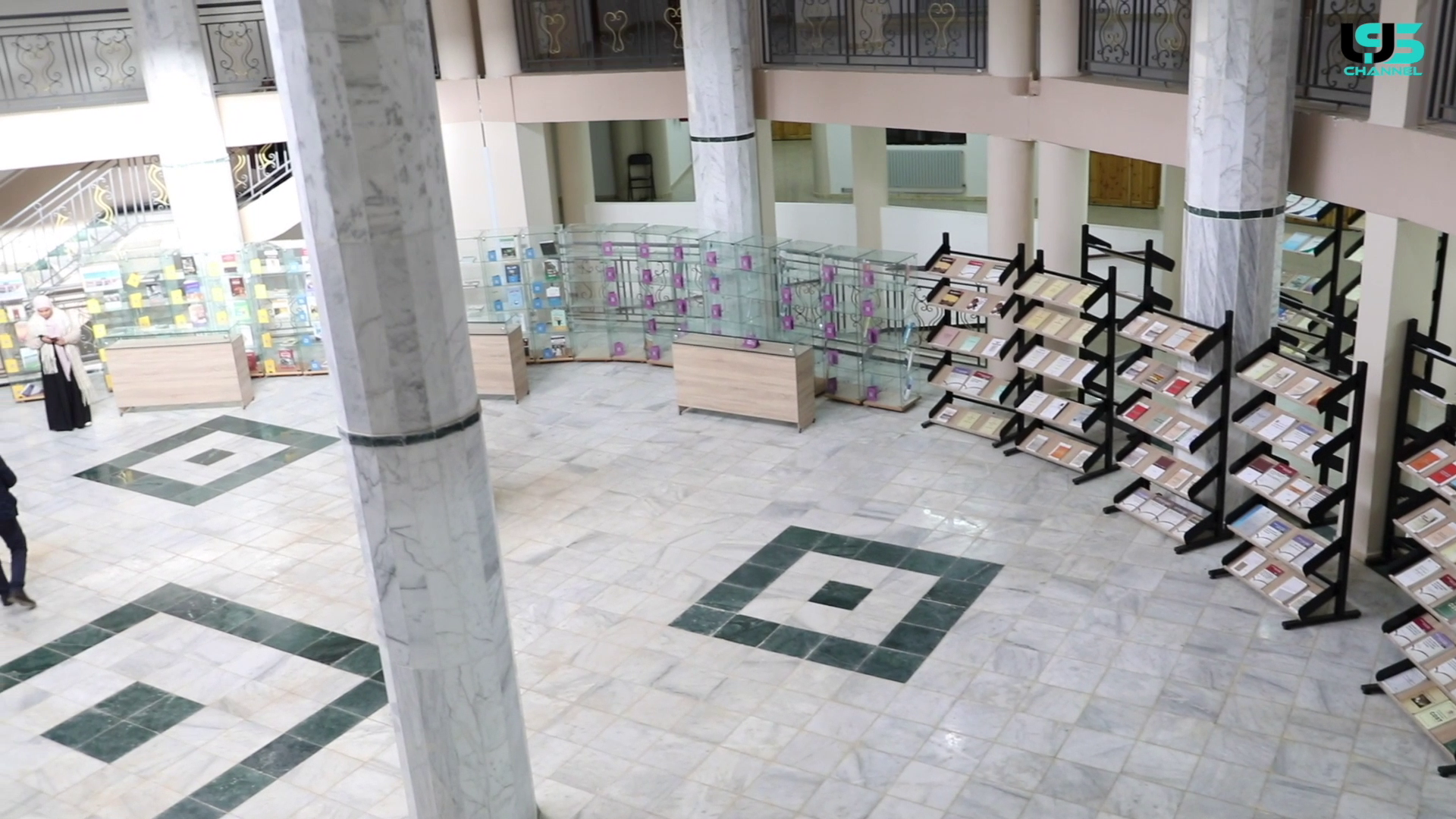


| Titre : | Howards end |
| Auteurs : | E.M. Forster, Auteur |
| Type de document : | texte imprimé |
| Editeur : | Longman, 1961 |
| ISBN/ISSN/EAN : | 978-0-582-79243-2 |
| Format : | 70 p. / couv ill / 21CM |
| Langues: | Anglais |
| Mots-clés: | Howards end |
| Résumé : | The Barnes & Noble ReviewReaders familiar with E. M. Forster will recognize the words "only connect" as the anthem of his 1910 novel, Howards End , in which he portrays the often-strained relationships between the bohemian Schlegels (Margaret, Helen, and their brother Tibby, so labeled both because of their expressiveness and their passion for the arts and because of their part-German ancestry) and the coolly aristocratic Wilcoxes. Forster further uses these relationships to explore the changes taking place in Edwardian England, including the rise of the middle and working classes and the first hints of the crumbling of the British Empire. Margaret first becomes connected to the Wilcox family when she befriends Ruth, the matriarch, with whom she feels a kinship that transcends both family and class lines. Ruth's dying wish — to leave her family's country house, Howards End, to Margaret — reveals the depth of their bond, but the Wilcoxes close ranks and vow never to disclose this wish to Margaret, determined to save their heritage from the racially mixed and caste-defying Schlegels. Ironically, Margaret later marries Henry Wilcox, Ruth's widower, and so comes into possession of Howards End anyway. But their marriage is doomed, in part, by their irreconcilable temperaments, and Margaret late in the novel expresses her wish for her overly reserved husband, the one thing that might save "Only connect." This all-too-often-quoted line has, in my opinion, done both Forster and the novel more harm than good, burying the novelist's otherwise avidly political writing under a wave ofmushysentimentalism. "Only connect" has left too many readers with a mistaken impression of Forster the spiritualist, Forster the proto-new ager. This impression has only been augmented by the Merchant-Ivory-ization of the novels into films that have largely ignored and glossed over the quite oppositional political stances that Forster's novels advocated. Instead, to appreciate the complexity of Forster's writing, we need to read "Only connect" in its parallels to Rodney King's "Can't we all just get along?" — a lovely sentiment, but one that the embedded structures of race and class conflict in our culture make all but impossible. To take Forster's "Only connect" too literally is to ignore both the irony and the critique implied in the line. Time and time again we see in Forster's work that merely connecting, just getting along, simply isn't enough in a world divided by ideological conflict. Many of Forster's overtly political pieces — particularly his radio broadcasts — are collected in Two Cheers for Democracy , in which Forster not only takes a firm anti-Nazi stance, but also turns that critical lens on Britain itself, pointing out that :[I]t is very easy to see fanaticism in other people, but difficult to spot in oneself. Take the evil of racial prejudice. We can easily detect it in the Nazis; their conduct has been infamous ever since they rose to power. But we ourselves — are we guiltless? We are far less guilty than they are. Yet is there no racial prejudice in the British Empire? Is there no colour question?These are the sorts of questions that haunt the pages of Forster's novels. In A Passage to India , perhaps the most obvious example, a Muslim doctor is wrongly accused of assaulting a young English woman. In the stridency of the reaction of the Anglo-Indian community — and the vehemence with which that community turns on the young woman when she realizes her error and withdraws her charges — we see the ways in which racial prejudice was an inescapable component of the Empire. This prejudice is so strong, and the division between the ruling class and the "natives" so distinct, that no amount of "connecting" can undo its damage. We watch, heartsick, at the end of the novel, as the now-exonerated doctor and his lone English defender, once on the verge of a genuine friendship, part for the last time, the doctor claiming that only when the English have been driven out of India will they be"Why can't we be friends now?" said the other, holding him affectionately. "It's what I want. It's what you want."But the horses didn't want it — they swerved apart; the earth didn't want it, sending up rocks through which riders must pass single file; the temples, the tank, the jail, the palace, the birds, the carrion, the Guest House, that came into view as they issued from the gap and saw Mau they didn't want it, they said in their hundred voices, "No, not yet," and the sky said, "No, not there."And again, the mystical here is not the end to be settled with, as though the eternal, unchangeable nature of man dictates the separation of the races. It is, rather, a cover for the human politics that have created this separation, seen in the oppositions of temple and jail, palace and Guest House. In other Forster novels, the politics in question are less national and more personal in tenor. In A Room With a View , Lucy Honeychurch must defy her... |
Exemplaires (4)
| Code-barres | Cote | Support | Localisation | Section | Disponibilité |
|---|---|---|---|---|---|
| LLA026070 | THE00209 | Livre | Fonds propre-bibliotheque centrale | littérature | Libre accès Disponible |
| LLA025351 | THE00210 | Livre | Fonds propre-bibliotheque centrale | littérature | Libre accès Disponible |
| LLA025777 | THE00211 | Livre | Fonds propre-bibliotheque centrale | littérature | Libre accès Disponible |
| LLA025435 | THE00226 | Livre | Fonds propre-bibliotheque centrale | littérature | Libre accès Disponible |

